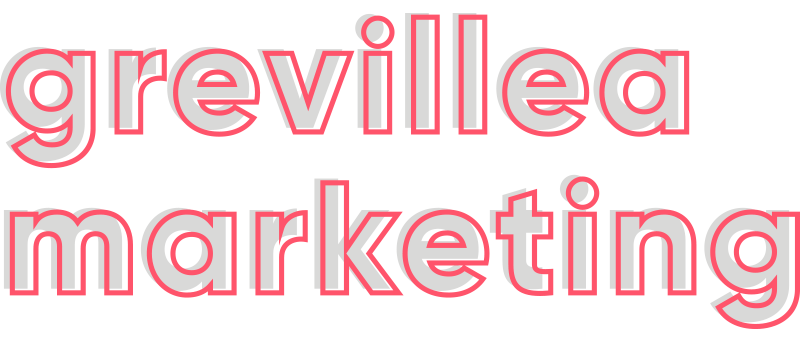Digital Marketing and the Importance of a Strategy (No Matter the Budget)
Digital marketing has become an increasingly significant focus for large and small companies, but it has not been as widely adopted as it should be.
There are a lot of reasons for this. It might seem challenging to get into. There is not a lot of clarity around what to do...or it’s a budget issue. Digital marketing has been viewed as one of the more expensive types of marketing available, and it is easy to push it off the priority list if the cost seems high.
However, once you look into the pricing, you’ll realize that digital marketing is a lot more cost-effective than traditional marketing and delivers better results! With the right strategy in place, you can get great ROI from digital marketing across different budgets.
In this article, we’ll dive into why digital marketing is so crucial and why having a strategy is vital no matter what your budget is!
Strategy and digital marketing
It’s safe to say that digital marketing is very beneficial, particularly for small and medium-sized businesses.
Digital marketing is a rare form of marketing that allows for personalization. It allows for a more strategic approach that allows you to:
Post engaging content and build a connection with users
Understand user behavior better to optimize content and improve the business
That last point is crucial because you will build your strategy on that. User behavior yields important metrics that will help you. Without a deep understanding of who your target audience is, it’s challenging to create the right strategy.
And even when you do, having insight into user behavior, how they interact with your brand and content, and what they seem to be searching for will help you further refine your efforts. It ensures that you have (and continue to retain!) a highly engaged audience, which in turn, pushes more traffic to your business.
Does a budget matter for digital marketing?
Yes and no.
You’ll likely hear about how it’s imperative to have large budgets and run huge, multi-channel campaigns to get real results.
While there is some truth to that, the real key is to scale at your own pace with digital marketing.
You do not need to have a massive budget to start with, but allocate what you can and focus on the most relevant channels for your current audience and focus on creating high-quality content that users enjoy and trust.
Once your strategy takes more shape and you have great engagement, you can expand to other channels and focus on new customer acquisition while simultaneously keeping your current audience interested.
Scaling your digital marketing allows you to test out different budgets, understand costs and ROI, and create a reasonable budget based on tried and tested methods.
When it comes to digital marketing, it is all about strategy rather than budget. If you have a crystal clear understanding of what your audience likes, who they are and how they behave, you can create an effective strategy that keeps them hooked from day one.
That means you will not have to spend a lot of money and can work on creating more organic impressions as you bolster your strategy. Even if you do not have an incredibly solid understanding of your customer, digital marketing can still work!
Even starting with a small budget will help you gain recognition and visibility, and you can build on that effort to create a winning strategy. As you feel more confident, you can increase your budget and digital marketing accordingly.
But remember, even a small digital marketing campaign is better than not doing it all! As the world becomes increasingly reliant on these methods, having your brand out there is vital to ensure that you stand out from competitors and gain market share.
To learn more about why digital marketing is so important and how you can build strategies across different budgets and channel preferences, get in touch today!
